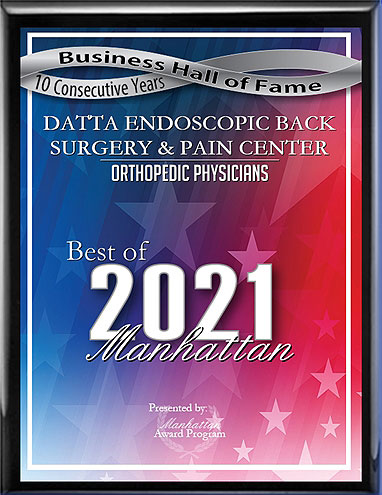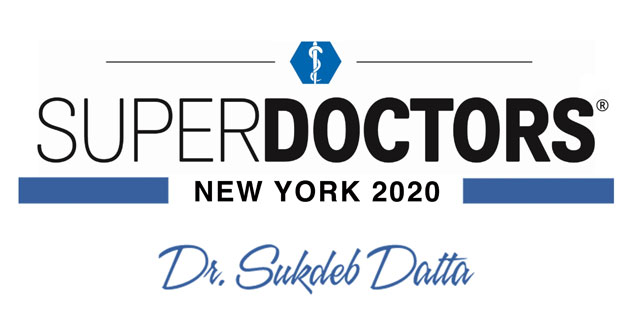Degenerative disc disease causes the loss of fluid and stability in the discs. It can result in a variety of disc conditions, most notably bulging discs and herniated discs. With both of these conditions, the discs become misshapen and can press against the nerve roots or spinal cord.
Often, degenerative disc disease can be treated without using surgery. First, patients can undergo treatments to strengthen the back and improve posture. This helps to reduce the amount of weight that the discs are placed under, thus relieving symptoms. In addition, patients often respond well to treatments that reduce inflammation. Once inflammation has ceased, patients often experience a permanent end to their symptoms.
If the symptoms are severe or get progressively worse, surgery may be the first treatment used. In addition, degenerative disc disease surgery may be used if symptoms persist after non-surgical treatments are exhausted. Surgery serves to address the underlying cause of the condition by physically removing the part of the disc that is causing symptoms.
When surgery is necessary, laser spine surgery is the best form of degenerative disc disease surgery available. Instead of creating a large incision on the back, a small camera and a laser probe are inserted through two small incisions in the back. Then, the laser is used to dissolve the misplaced part of the disc.
After surgery, patients will undergo treatment to help them regain strength and mobility and prevent the recurrence of problems. Physical therapy is an important part of the recovery period, and you will want to keep doing the exercises you learn regularly. In addition, you should consider making lifestyle changes that will reduce your risk of future disc problems, such as ceasing smoking and losing weight.
To schedule a consultation about your degenerative disc disease, please click below or call the Datta Endoscopic Back Surgery and Pain Center at (646) 374-1799.
Often, degenerative disc disease can be treated without using surgery. First, patients can undergo treatments to strengthen the back and improve posture. This helps to reduce the amount of weight that the discs are placed under, thus relieving symptoms. In addition, patients often respond well to treatments that reduce inflammation. Once inflammation has ceased, patients often experience a permanent end to their symptoms.
If the symptoms are severe or get progressively worse, surgery may be the first treatment used. In addition, degenerative disc disease surgery may be used if symptoms persist after non-surgical treatments are exhausted. Surgery serves to address the underlying cause of the condition by physically removing the part of the disc that is causing symptoms.
When surgery is necessary, laser spine surgery is the best form of degenerative disc disease surgery available. Instead of creating a large incision on the back, a small camera and a laser probe are inserted through two small incisions in the back. Then, the laser is used to dissolve the misplaced part of the disc.
After surgery, patients will undergo treatment to help them regain strength and mobility and prevent the recurrence of problems. Physical therapy is an important part of the recovery period, and you will want to keep doing the exercises you learn regularly. In addition, you should consider making lifestyle changes that will reduce your risk of future disc problems, such as ceasing smoking and losing weight.
To schedule a consultation about your degenerative disc disease, please click below or call the Datta Endoscopic Back Surgery and Pain Center at (646) 374-1799.






 EDISCSCULPT
EDISCSCULPT



